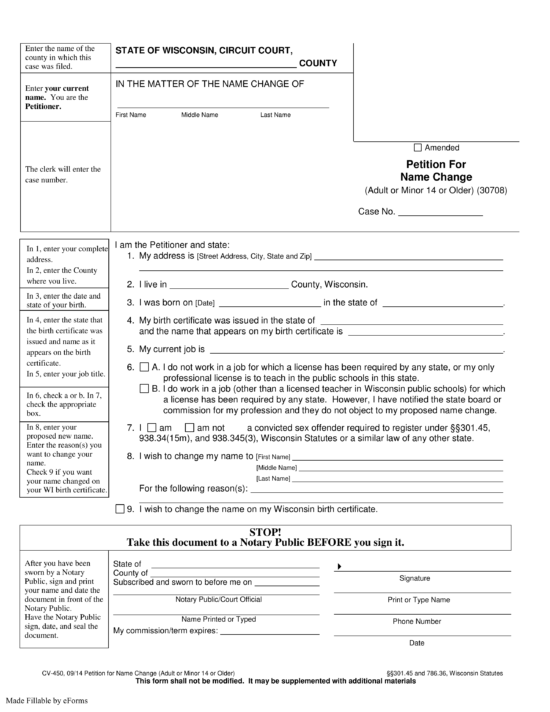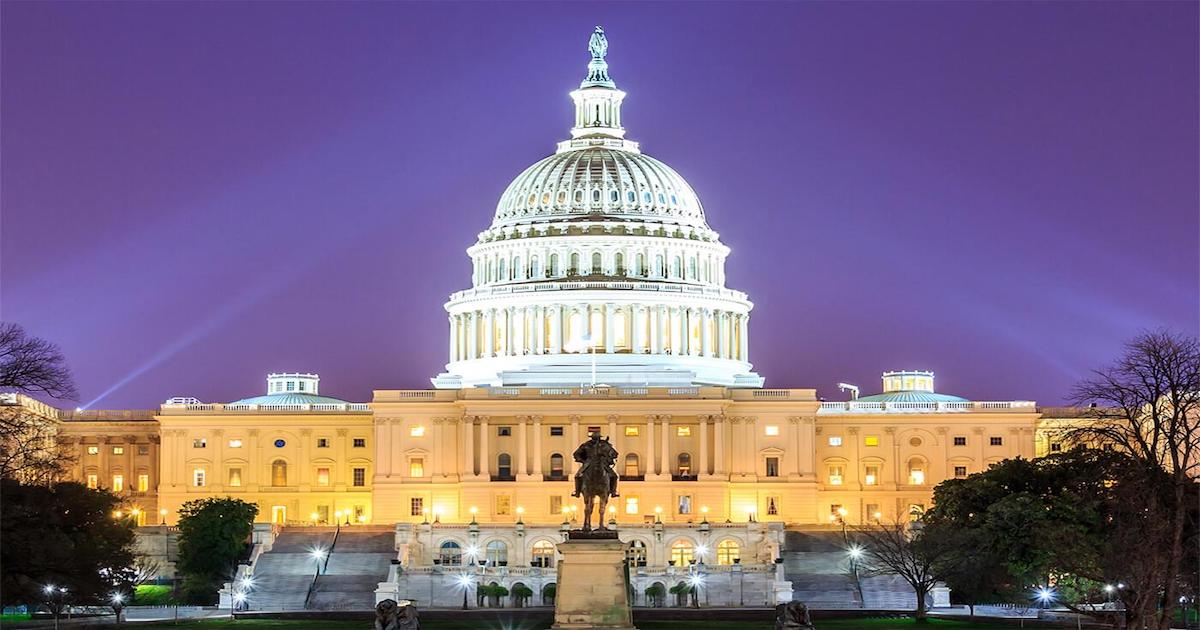

The information on this website is taken from records made available by state and local law enforcement departments, courts, city and town halls, and other public and private sources.Ĭ is not a “consumer reporting agency” and does not supply “consumer reports” as those terms are defined by the Fair Credit Reporting Act (FCRA). In doing so, you ensure that the will is considered valid by the law.
/arc-anglerfish-arc2-prod-sltrib.s3.amazonaws.com/public/YTQY2AREUBCMZEGIXP2KGOESNA.jpg)
#Nevada court records search by name how to#
For example, the validity of a will and how to best transfer property to the inheritors are tasks that this court deals with.Īccording to the probate court rules, a person with a will from a recently deceased person must bring it to the district court within 30 days of the recorded death. The Nevada probate courthandles matters that have to do with the affairs of a deceased person. However, all juvenile cases are considered civil offenses, unless the crime is severe enough for them to be tried as an adult. It's worth noting, in Nevada, minors who attempt or commit murder are viewed as adults in the trail, no matter what their age happens to be. They can also offer other legal help involving minors. The courts can also manage cases where the child has been abused or abandoned by their guardians. Minors who are charged with, what would be a crime for an adult, are referred to as delinquents in the court. The Juvenile court tackles cases that involve those under the age of 18 who were charged with violating the law in some way. However, the Supreme Court assigns the cases to the Court of Appeals and determines when they need to be reviewed. The constitution for the state was also amended to include three judges at these courts. The intermediate Court of Appeals was established in 2014, at the general election. The Legislature chooses the amount of justices based on the population of the area. There needs to be one justice court in every township, with at least one justice of peace in the court. Nevada's justice courts are also of limited jurisdiction and can only handle civil cases not exceeding $15,000 in damages or other costs. The community courts are much like the specialty courts, as they allow the local government to enact different sentences on those charged with a misdemeanor. They can be further be broken down into the following: These include 26 urban and 16 rural programs. Today, there are 42 different specialty courts in operation. These courts work to increase the odds that the offender doesn't repeat the offense. The main goal of these courts is to help people who would otherwise become criminals. Specialty courts are courts that are created specifically for solving one type of legal problem. The district court has jurisdiction over the municipal courts.

They also have a limited-jurisdiction, but can hear civil matters.

Nevada municipal courts are the ones that handle violations of traffic, non-traffic misdemeanors, and parking. Five Districts cover more than one county, so the judges need to travel between them to hear all of the cases. Nevada has 9 Judicial Districts, which include all of the state's counties. The civil cases include disputes that go over $10,000. These district courts can hear juvenile, family, criminal, and civil cases. Many legal matters are tackled there since Nevada doesn't use circuit courts. Nevada's district courts are the most basic level of courts and used for many general jurisdictions. You can also search for individual cases online. Nevada has 17 municipal courts that are run by 30 judges. The Municipal Courts manage any cases that have to do with misdemeanors or violations of traffic, making them the ones locals come into contact with the most. The Nevada Judiciary is there to interpret the law and act as a check on the Executive and Legislative branches. The Supreme Court can hear all civil cases and criminal cases, as long as they come from the District Courts. The judges decide if there were any errors made in the case or trial, instead of searching for evidence or facts. The Supreme Court is the state's highest level of court, so it always reviews and rules on any appeals that come from District Cases. The main legal processes include mediation, arbitration, and jury or bench trial. These are where criminal, family, juvenile, and civil cases are handled. When it comes to legal disputes, the district courts will have jurisdiction over them.


 0 kommentar(er)
0 kommentar(er)
